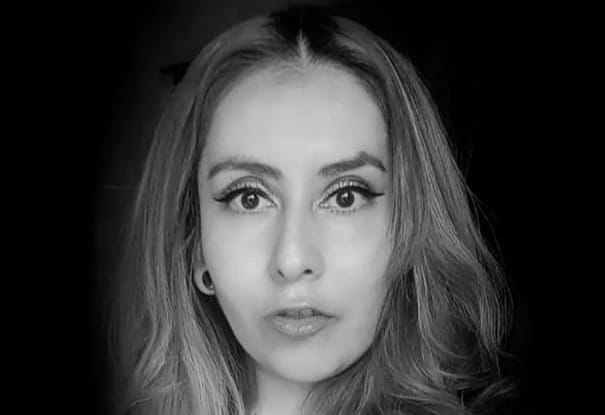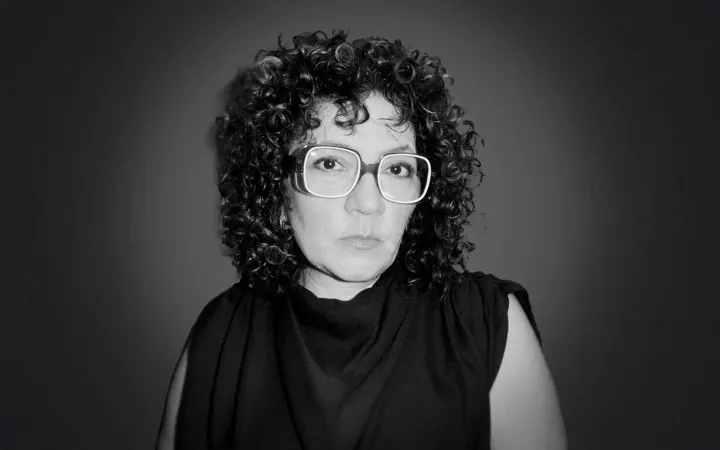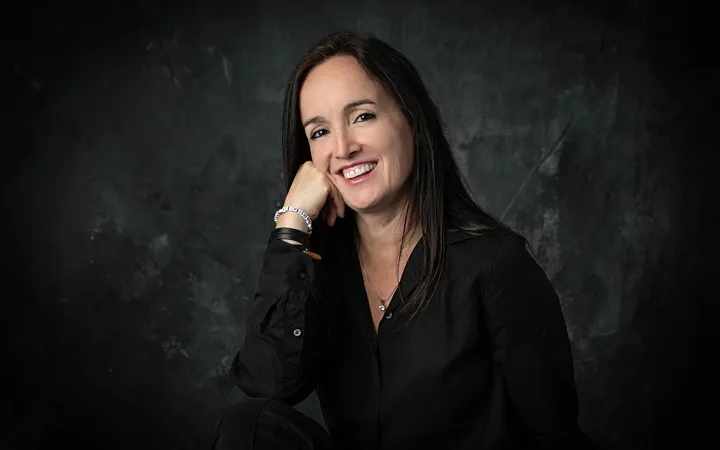
Por Emilia González, CEO de Serpa Cloud.

Soy Emilia González, soy mujer, madre de familia, esposa, emprendedora, fundadora y CEO de mi propia startup, pero hace 3 años yo no era ninguna de esas cosas, porque soy una persona transgénero.
Recuerdo estar en el patio de la escuela a los 6 años, no me importaban los gritos de los niños que corrían, ni las burlas o la violencia de mis compañeros, porque mientras estaba sentada a la mitad del patio, mi mente trataba de explicarme porque no era capaz de entender lo que pasaba afuera de mi misma. Lo único que me sacaba de mi propio confinamiento, era cuando los maestros nos llevaban al baño, ese momento no solo me causaba ansiedad por exponerme frente a los otros niños, si no porque el rechazo a mi propio cuerpo me desbordaba tanto que perdía el control, y sin quererlo, regresaba a mi confinamiento mental. Crecer en una escuela católica para hombres, donde no sólo había niños de primaria, sino que la mayoría eran adolescentes de secundaria y preparatoria, marcó no sólo mi infancia sino mi vida adulta, porque esa escuela se volvería la analogía de mi propia historia y de una sociedad llena de desigualdades. Y es que esas mismas situaciones se han repetido a lo largo de los años en distintas formas, realidades y contextos.
Llevo más de 10 años de experiencia en la industria de TI (Tecnologías de la información), sin estudios, ni dinero, con evidentes falta de habilidades sociales (a causa de mis neuro divergencias). La forma en que entré al ecosistema fue un golpe de suerte. Lo difícil no fue iniciar desde cero en el trabajo, ni aprender algo que desconocía completamente, fue enfrentarme todos los días al señalamiento de que había algo raro en mí, a la crítica constante de mis formas de interactuar, el obligarme a tener comportamientos típicos de una masculinidad tóxica para poder ser aceptada por un equipo dominado por hombres, teniendo que adaptarme a vivir en una constante represión social. Sin embargo, el primer reto enorme que tuve fue reprimir el desborde emocional cuando me humillaban a mi o alguien más hablando de penes y todas sus alegorías.
El segundo reto más grande, fue mi propia transición, me odiaba a mi misma por toda la violencia que absorbí y normalicé, renunciar a toda una idea de lo que era la vida fuera de mi mente se volvió un duelo, enfrenté el miedo de ser abandonada, rechazada y humillada. Cuando salí del clóset la agresión de mi equipo de trabajo, los que consideraba mis mejores amigos, llegó a límites que no se tenían que traspasar y sólo pensaba en el suicidio como salida.
Esa es la sociedad donde vivimos, donde normalizamos la violencia de género y denunciar es casi tan traumatizante como el hecho en sí mismo. Una sociedad que revictimiza de manera sistemática. La falta de una cultura de inclusión es palpable, muchas veces la agresión y la violencia vienen de una falta de conocimiento de la diversidad. Hay casos, como el mío, donde ignoramos nuestras propias interseccionalidades por falta de información.
A 3 años de empezar mi transición, he tenido la bendición de haber crecido más que nunca en todos los sentidos: soy inmensamente feliz, mejoró la dinámica familiar, he tenido grandes oportunidades laborales, he hecho amigos para toda la vida. Pero así como es importante hablar de lo bueno, es una responsabilidad hablar de los retos que una transición implica. En mi caso me he enfrentado a la necesidad de vencer sesgos inconscientes, demostrando que ser mujer no me hace tomar peores decisiones, además de seguir enfrentando el rechazo social y el acoso sexual en la calle y en el espacio público.
Hoy a mis 32 años estoy emprendiendo en la construcción de Serpa Cloud, una plataforma que empodera a millones de desarrolladores a poder publicar aplicaciones en la nube en minutos, al mismo tiempo que creamos herramientas como base para una comunidad de colaboración tecnológica, que se vuelva un espacio seguro para aprender y compartir innovación. Pero emprender es un riesgo tan grande, aún para las personas con recursos, que hacerlo sin una red económica o social es un privilegio casi impensable. Mi caso es realmente una anomalía en los datos, casi una inevitabilidad estadística, y es que según Pitchbook solo el 2% de las empresas respaldadas por capital privado son fundadas exclusivamente por mujeres, pero cuando tratamos de conseguir el mismo dato en la interseccionalidad trans, las únicas estadísticas de las que se hablan son: el porcentaje de rechazo social y de violencia, así como las tasas de VIH y mortalidad.
Por eso estoy agradecida, porque en el camino de emprender, por primera vez he encontrado personas con las que me identifico y grandes aliados, como 500 LatAm, quienes creyeron en mí y mi emprendimiento, apoyándome como parte del Batch 18 de su programa Somos Lucha. Aunque el ecosistema de las startups actualmente tiene una apertura a la diversidad bastante desarrollada, aún hay mucho camino por delante. Como sociedad necesitamos crear visibilidad sobre la identidad de género, la realidad trans y la inclusión, con el fin de reclamar nuestro derecho a la autopercepción y normalizar la existencia de realidades diversas. Al mismo tiempo, la creación de comunidades nos puede ayudar a generar aliados en el camino, creando un efecto de red que impacte positivamente en la creación de una cultura inclusiva para las nuevas generaciones. De mi parte alzar la voz y contar mi historia, es una forma de inspirar a otras personas que aún no se saben o no tienen el valor para permitirse vivir su propia realidad.
Las opiniones expresadas son responsabilidad de sus autoras y son absolutamente independientes a la postura y línea editorial de Opinión 51.
Más de 150 opiniones a través de 100 columnistas te esperan por menos de un libro al mes.






Comments ()